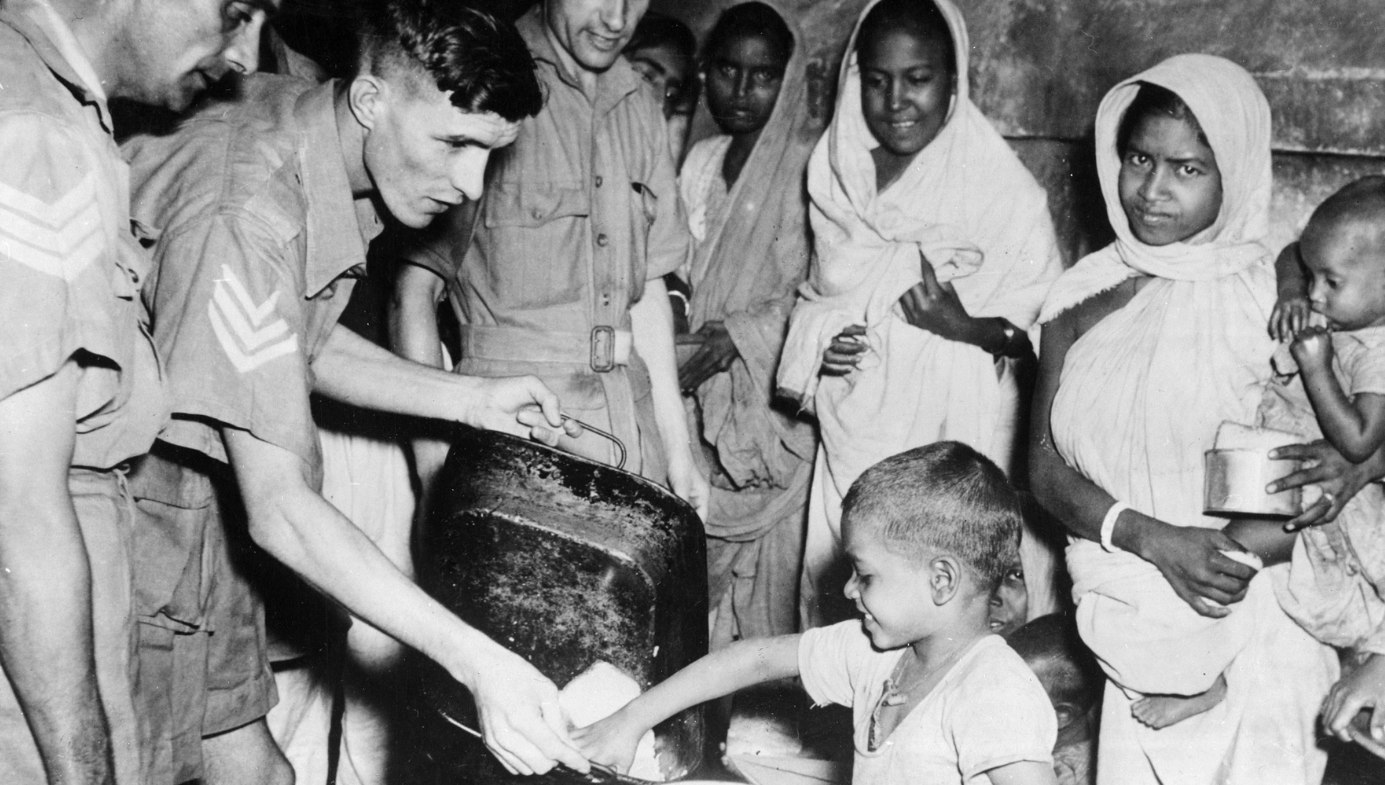Politics
Bad History at the BBC
A new radio series about the 1943 Bengal famine favours culture-war polemic over rigorous scholarship.

BBC Radio 4’s new five-part documentary series Three Million purports to tell the “forgotten story” of the 1943 Bengal famine in British India. Programme maker Kavita Puri has unearthed a good deal of previously unheard testimony, and these eyewitness accounts are the series’ best feature. The harrowing descriptions of broken families, starving people feeding on carrion, and desperate masses roaming Calcutta vividly bring the tragedy to life.
The Bengal famine of 1943 killed more than three million people in eastern India.@kavpuri shares eyewitness memories with @BBCkatyaadler
— BBC World Service (@bbcworldservice) March 2, 2024
Listen to more on The Global Story https://t.co/mErDuPNDJ3 pic.twitter.com/Qwg6b2lDcb
Accounts like these help to humanise the famine and pay tribute to the dead. But unfortunately, the series mostly retreads the familiar ground of the famine’s causes. Very little new evidence is offered—instead, Puri relies on interviews with historians (mainly Janam Mukherjee, although others also provide contributions), and the eyewitness accounts of survivors. This approach is not intrinsically flawed but the selection of historians interviewed certainly is.
The series neglects the role of communal tensions in the disaster, and focuses instead on the alleged role of Winston Churchill. Churchill’s hostility towards Indians caused many deaths, we are told, because he refused to send enough food shipments to Bengal. In an interview, English historian Max Hastings says he supports this conclusion, but he is not an expert in this area and told Puri that he had never even heard of the famine until 2000. Meanwhile, domain specialists whose research indicates other conclusions—including Peter Bowbrick, Paul Greenough, Tirthankar Roy, Cormac Ó Gráda, Zareer Masani, and Mark B. Tauger—are neglected. Surprisingly, even Amartya Sen is not asked for his opinion on the famine’s causes, depriving listeners of a valuable counterweight to the dominant narrative.





